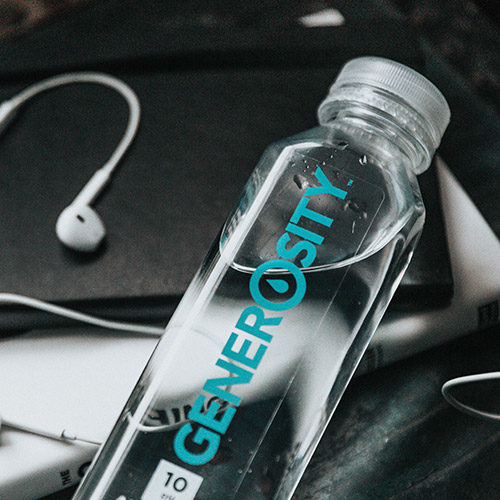While many people enjoy eating out, it can be dangerous for those who have food allergies. With that in mind, it’s essential for restaurants to provide meals that are free from cross-contamination for guests with specific dietary restrictions. Cross-contamination and minute traces of food can cause severe reactions in guests with allergies, which means that both servers and chefs need to adhere to proper food- handling rules. Learn more about how to prevent food allergy reactions at your restaurant with these three tips.
At Source1 Purchasing, we know that there are many things you need to consider when purchasing items for your hotel’s restaurant. We can help with supply-chain management so that you can cut costs and provide the items your guests expect. Contact us today for a free cost-savings analysis.
Educate Your Staff
Hold training sessions to educate your staff on proper food handling. Milk, eggs, peanuts, tree nuts, wheat, soy, fish, and shellfish are eight of the most common food allergens in the US — affecting up to 32 million people! Servers should always ask if there are any food allergies at the table to avoid unintended consequences. They should also be able to address any questions about substitutions options. It’s crucial that servers communicate clearly with the cooks as these two areas must work together to ensure that cross-contamination is avoided.
Implement Allergen-Specific Menus
As you update or create your menus, be sure to include clearly labeled sections that offer meals free from specific allergens. When your guests are able to easily locate meals that are free from dairy, gluten, nuts, and other allergens, they will likely feel more confident in your ability to provide an enjoyable dining experience. Additionally, they are sure to share this service that your hotel offers, which will help to increase your positive reviews.
Maintain Air Quality
Approximately 25% of people with food allergies are highly allergic to mold, which means that maintaining a mold-free restaurant is important. High levels of mold can prompt allergic reactions in your guests. Commercial kitchens are almost always hot and humid when in use, which can create an ideal environment for mold spores to grow. Make sure that your air filters are changed on a regular basis, and maintain optimum ventilation.
Implementing food allergy protocols will help to increase the safety in your hotel’s restaurant. By providing guests with memorable dining experiences, you can gain a solid reputation and win repeat business.
At Source1 Purchasing, we can help you enhance your purchasing power, cut costs, and provide the services your guests expect. Contact us today for a free supply-chain analysis.
Written by: Ali Capes













